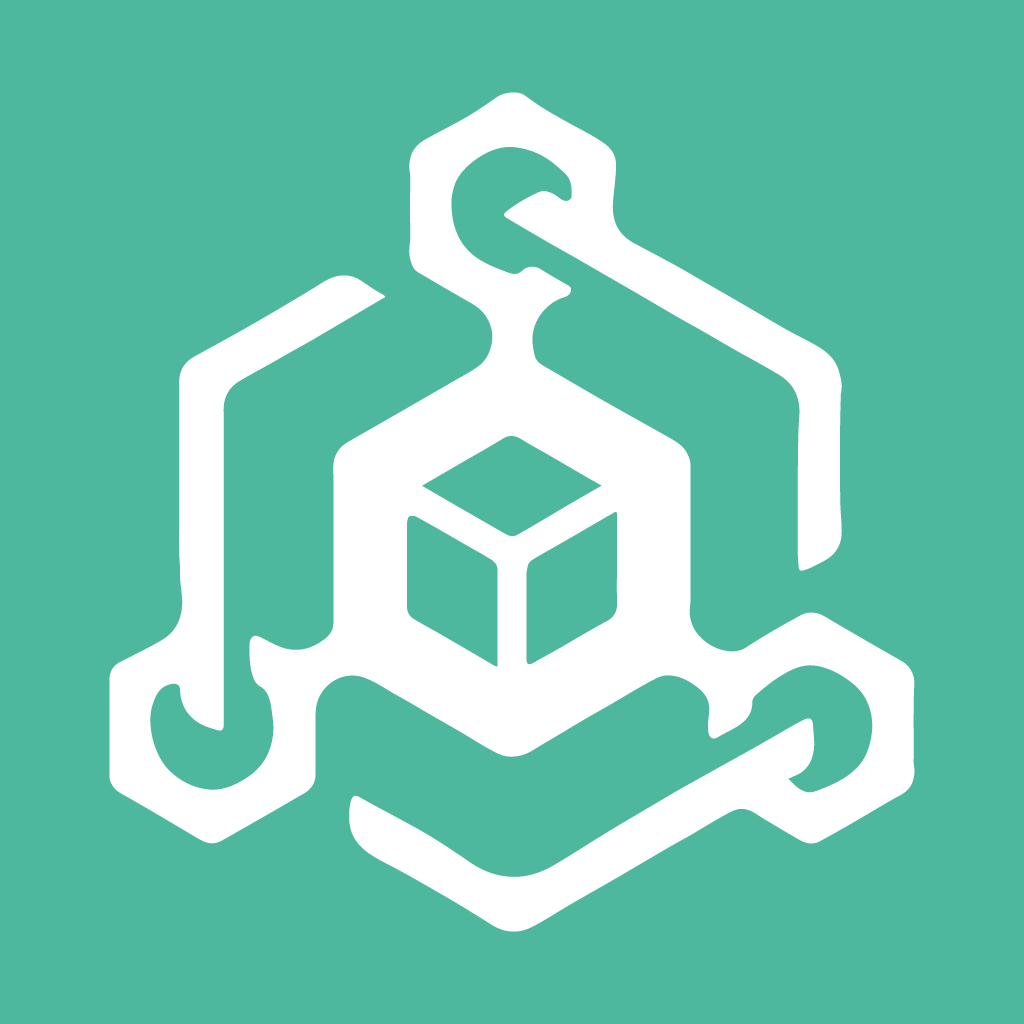There are no items in your cart
Add More
Add More
| Item Details | Price | ||
|---|---|---|---|
A supply chain is a system of organizations, people, activities, information, and resources involved in moving a product or service from supplier to customer.
Thu Sep 22, 2022
Supply chains are designed to meet customer demand for products or services. The term "supply chain" was first coined by an American industry consultant in the early 1980s.
A typical supply chain starts with the supplier of raw materials and extends through stages of production, warehousing, distribution, and delivery to the final customer. Each stage in the supply chain adds value to the product or service.
In recent years, companies have been increasingly focused on managing their supply chains more effectively because a well-run supply chain can be a source of competitive advantage.
An online course can help you understand the complexities of supply chains and how to optimize them. You'll learn about the global network of suppliers, manufacturers, distributors, retailers, and customers that make up a supply chain. You'll also explore how to use data and analytics to identify inefficiencies and opportunities for improvement.
With an online course, you can study at your own pace and revisit concepts as needed. The flexibility of an online learning environment can be especially beneficial if you're already working in the field of supply chain management and want to improve your skills without interrupting your career.
The eacademy approach is a supply chain learning platform that helps users learn about various aspects of the supply chain. The platform offers a variety of courses, ranging from introductory to advanced levels. The eacademy approach is designed to help users gain a comprehensive understanding of the supply chain, as well as the ability to apply what they have learned in real-world scenarios. An online course in supply chain management can help you understand how supply chains work. By learning about the different components of a supply chain and how they fit together, you can gain a better understanding of how businesses operate.
You'll learn about the different types of Supply Chain Management (SCM) systems and their benefits, as well as the role of technology in SCM. You'll also explore case studies of SCM in action, so you can see how these concepts are applied in real-world settings.
By taking an online course in supply chain management, you can develop the skills and knowledge you need to make your business more efficient and effective.
There are many advantages of online learning, especially when it comes to professional development and career advancement. Perhaps the most obvious advantage is the flexibility that online learning affords. You can study at your own pace and in your own time, without having to commute to a physical classroom. This can be a huge benefit for working professionals who want to advance their careers without giving up their current jobs.
Another big advantage of online learning is the ability to customize your education. You can choose courses that fit your specific needs and interests, rather than being stuck in a one-size-fits-all classroom setting. And if you're struggling with a particular concept, you can usually find helpful resources online that can explain it in a way that makes sense to you.
Finally, online learning can be more affordable than traditional college courses.
There are a few disadvantages to online learning. First, it can be more difficult to stay motivated when you're not in a physical classroom setting. It's easy to get distracted by things at home, and it can be hard to keep up with the material on your own. Additionally, online learning can be isolating. You might not have the opportunity to interact with other students or ask questions in real time. And finally, online courses can be expensive. Some universities charge the same tuition for online and in-person courses, even though the quality of education may be different.
There are many factors to consider when deciding whether or not to enroll in an e-learning program. One must weigh the pros and cons of such a decision carefully before making a commitment.
On the plus side, e-learning can be a very convenient way to learn. It is often less expensive than traditional classroom learning, and it can be done at any time and place that is convenient for the learner. In addition, e-learning can provide a more customized learning experience, since learners can choose courses that fit their specific needs and interests.
On the downside, however, e-learning can sometimes feel isolating and lonely. Unlike in a traditional classroom setting, learners in an e-learning program do not have the opportunity to interact with their peers or instructors on a regular basis.

The Supply Chain Staff
A team of supply chain professionals